Edible-grade stainless steel 1.0L electric kettle is a common cooking tool in modern home kitchens. Whether it will affect water quality is an important issue that people are concerned about. In daily life, we usually use electric kettles to heat water for drinking or cooking. Therefore, the safety and health of water quality have become issues that require special attention when using electric kettles.
First, let’s look at the characteristics of stainless steel. Stainless steel is an alloy material usually composed of iron, chromium, nickel and other elements. It is characterized by corrosion resistance and not easy to rust, so it is widely used in the manufacture of cooking utensils. On this basis, food-grade stainless steel has been specially treated to ensure that it will not release harmful substances when in contact with food and is harmless to human health.
However, even if it is made of food-grade stainless steel, the electric kettle may still have an impact on the water quality during the heating process. This is mainly related to the following aspects:
Material quality: Some low-quality stainless steel materials may contain impurities or doping, and may release harmful substances, such as heavy metals such as chromium and nickel, after heating, causing pollution to water quality.
Heating process: During the process of heating water with an electric kettle, material migration may occur. Especially at high temperatures, some trace amounts of metal ions may be released, which will affect the water quality.
Cleaning and maintenance: If the electric kettle is not cleaned or maintained for a long time, bacteria or scale may form in the kettle, affecting the purity of the water.
In order to ensure the safety and health of water quality when using food-grade stainless steel 1.0L electric kettle, consumers can take the following preventive measures:
Choose regular brand products: Choose an electric kettle from a well-known brand to ensure product quality and safety.
Pay attention to product certification: Check whether the product has passed relevant certifications, such as safety certification for food contact materials, etc.
Regular cleaning and maintenance: Clean and maintain the electric kettle regularly to avoid the growth of scale or bacteria.
Avoid overheating: Try to avoid overheating the water to reduce the possibility of material migration.
Although the edible-grade stainless steel 1.0L electric kettle is designed to ensure safe contact with water as much as possible, consumers still need to pay attention to the above factors when using it to ensure the safety and health of water quality.



 English
English 中文简体
中文简体


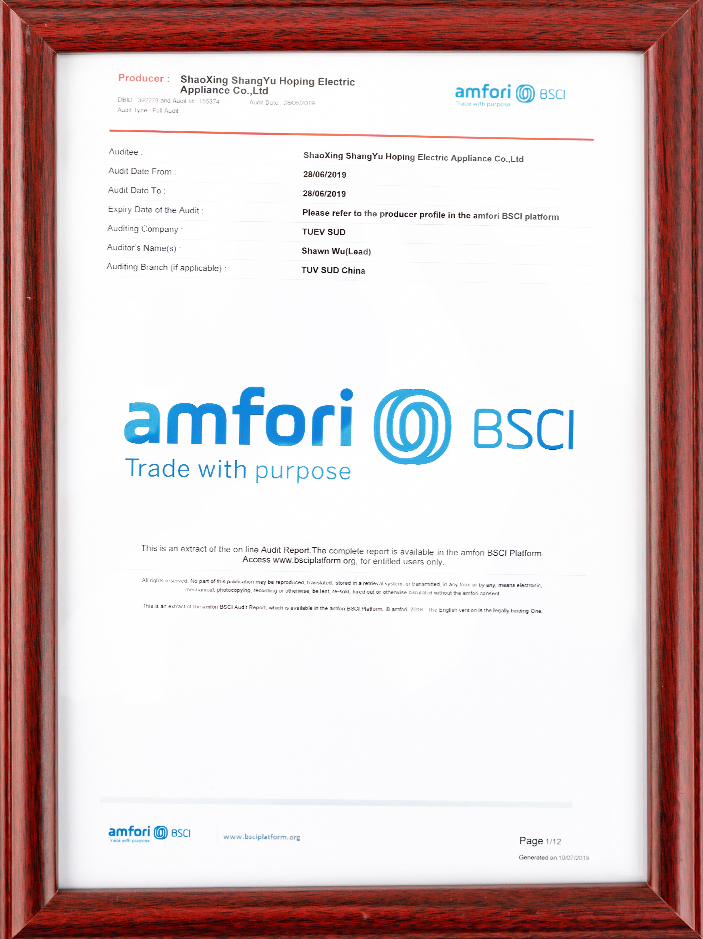
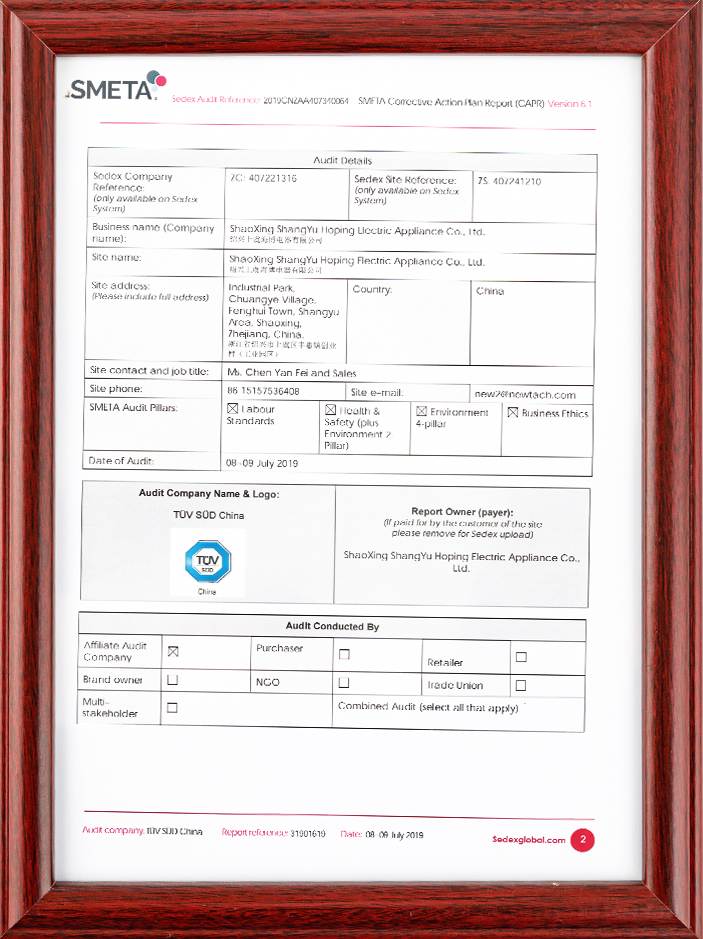
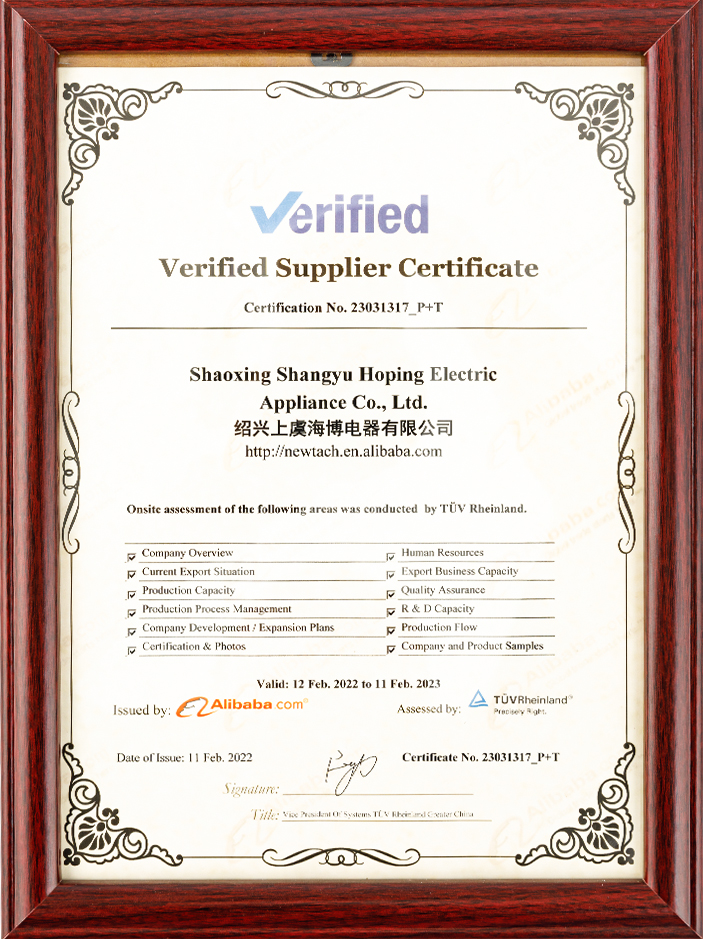
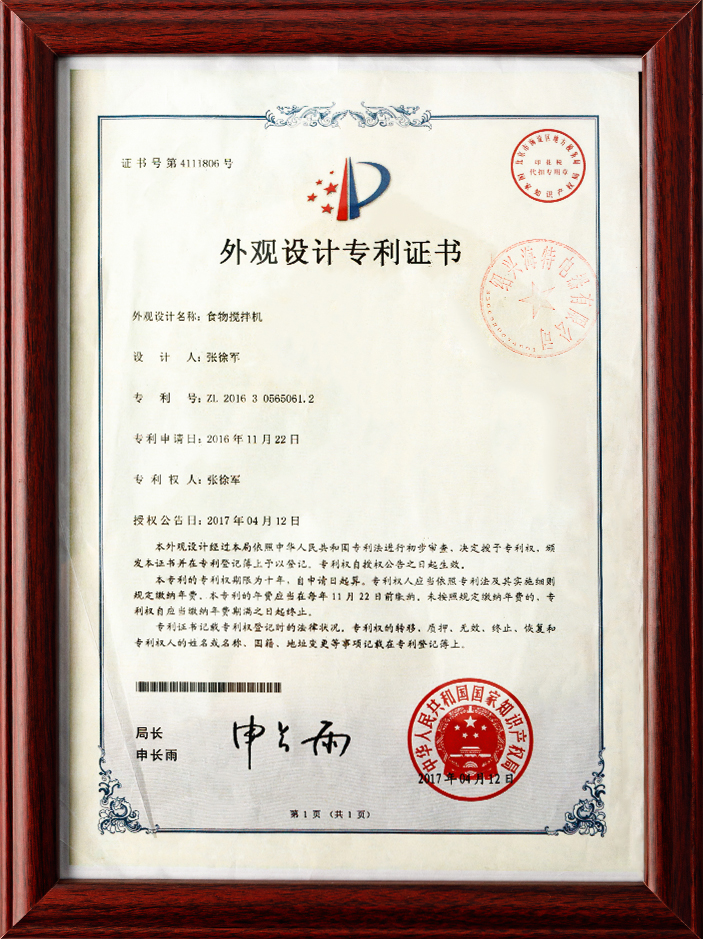
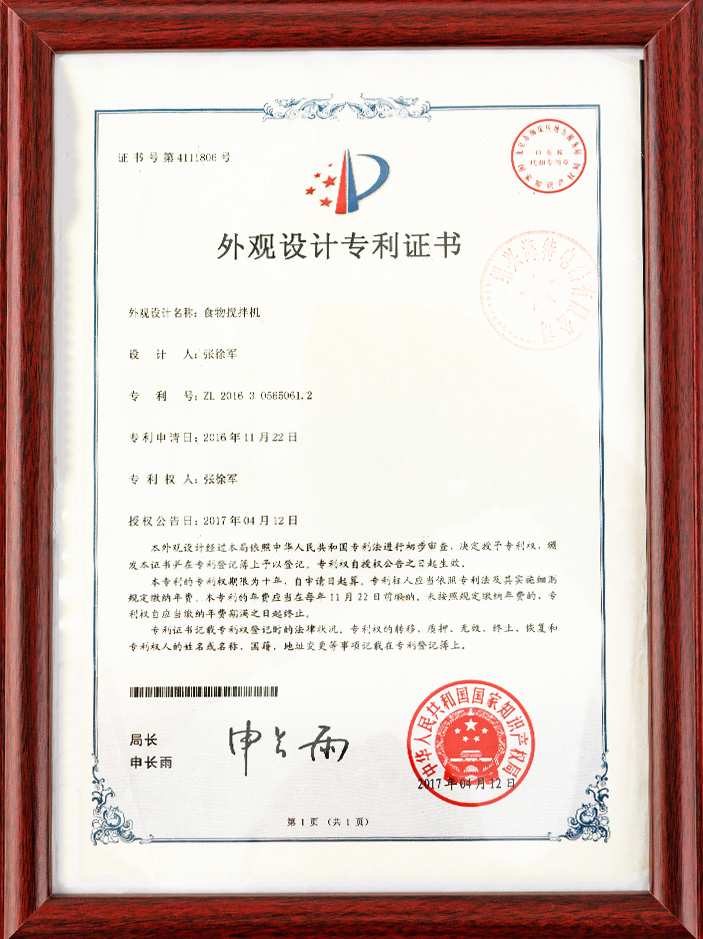
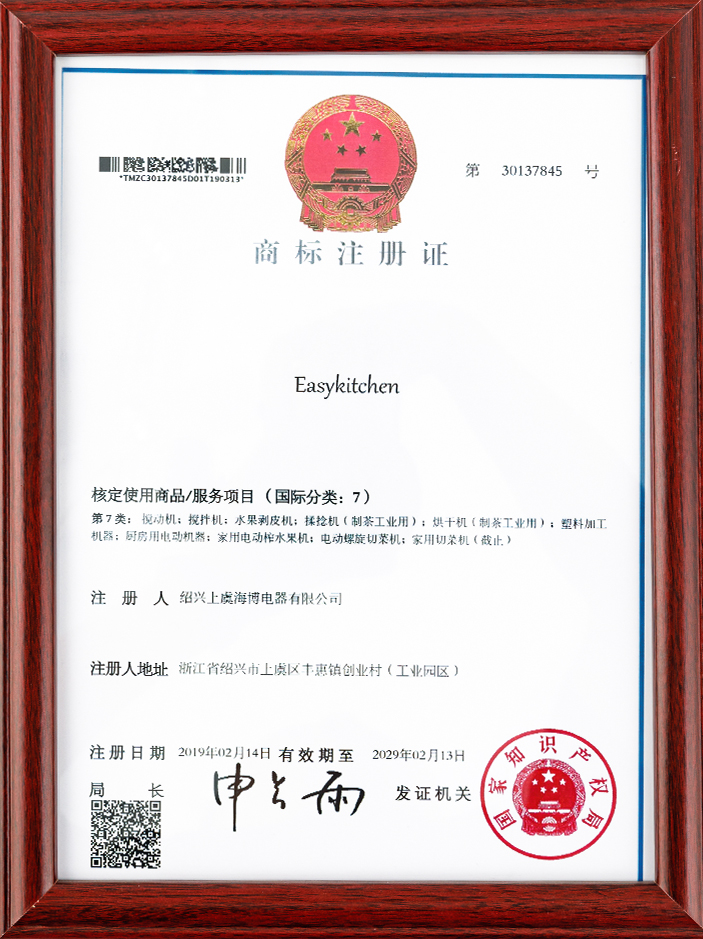
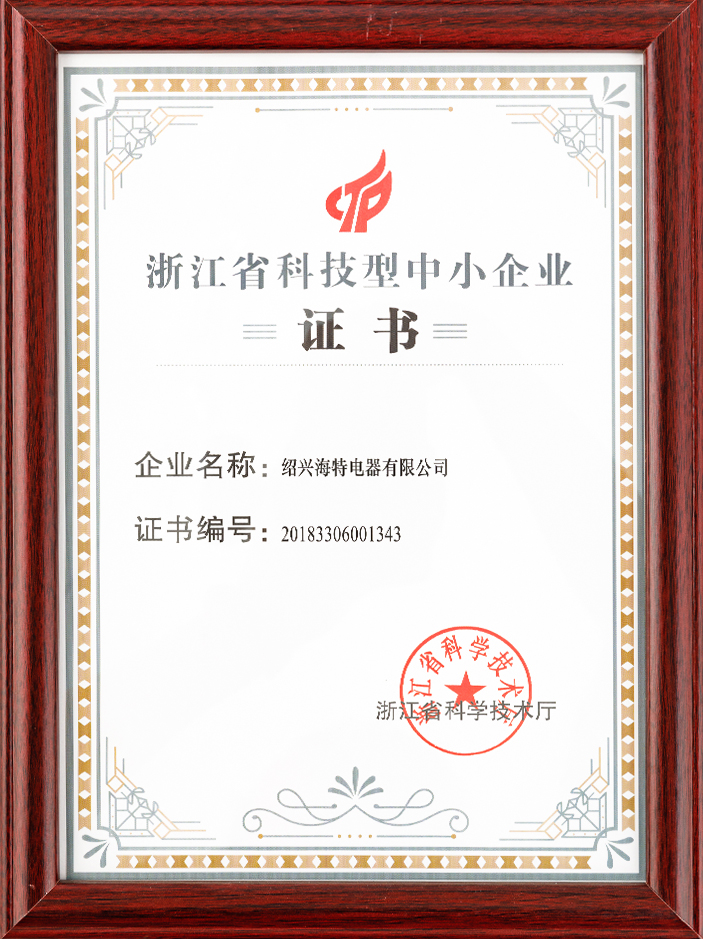
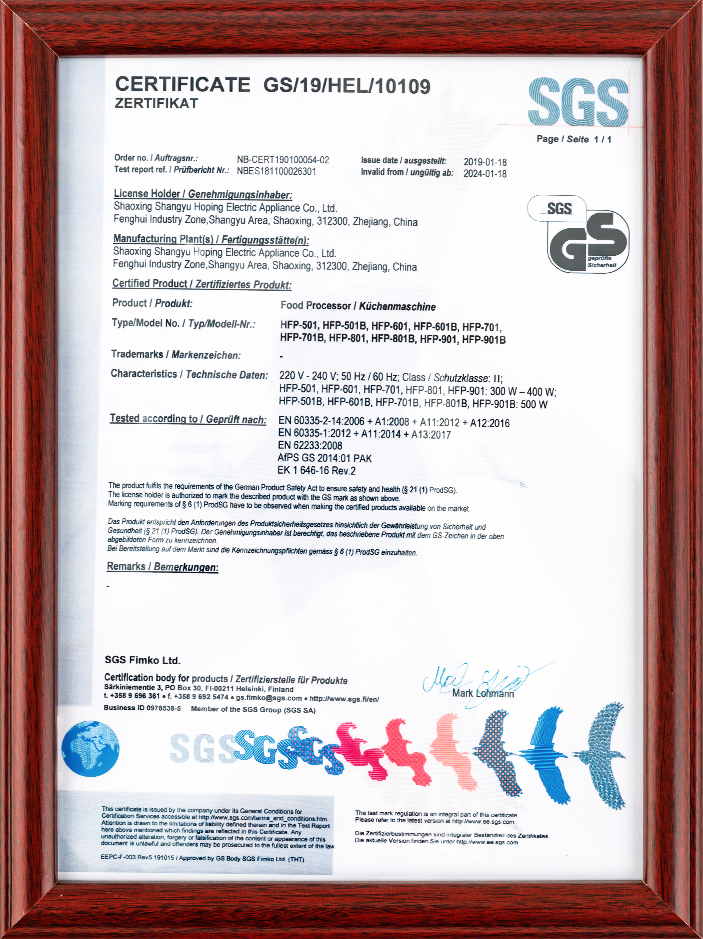





 浙公网安备 33060402001386号
浙公网安备 33060402001386号 